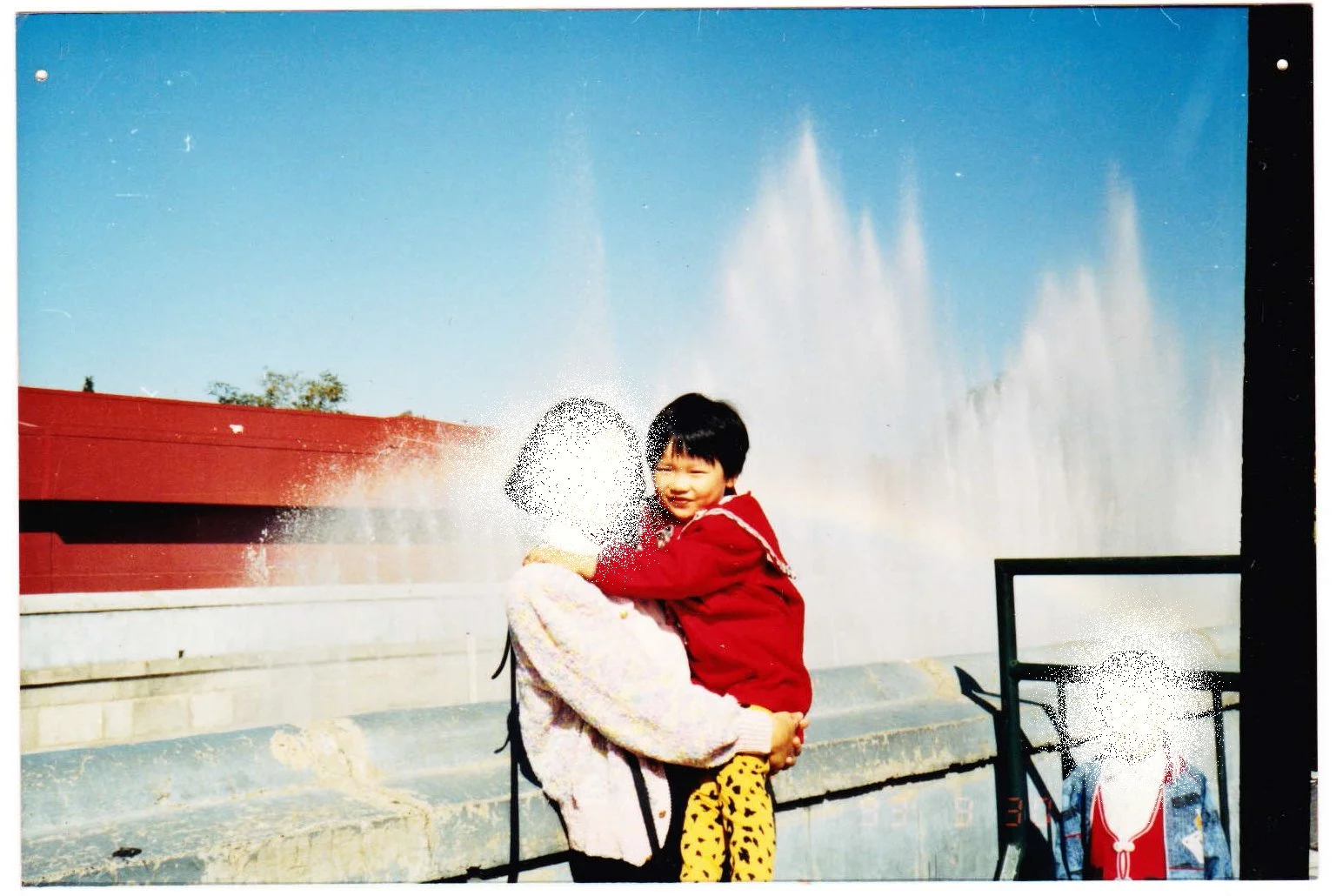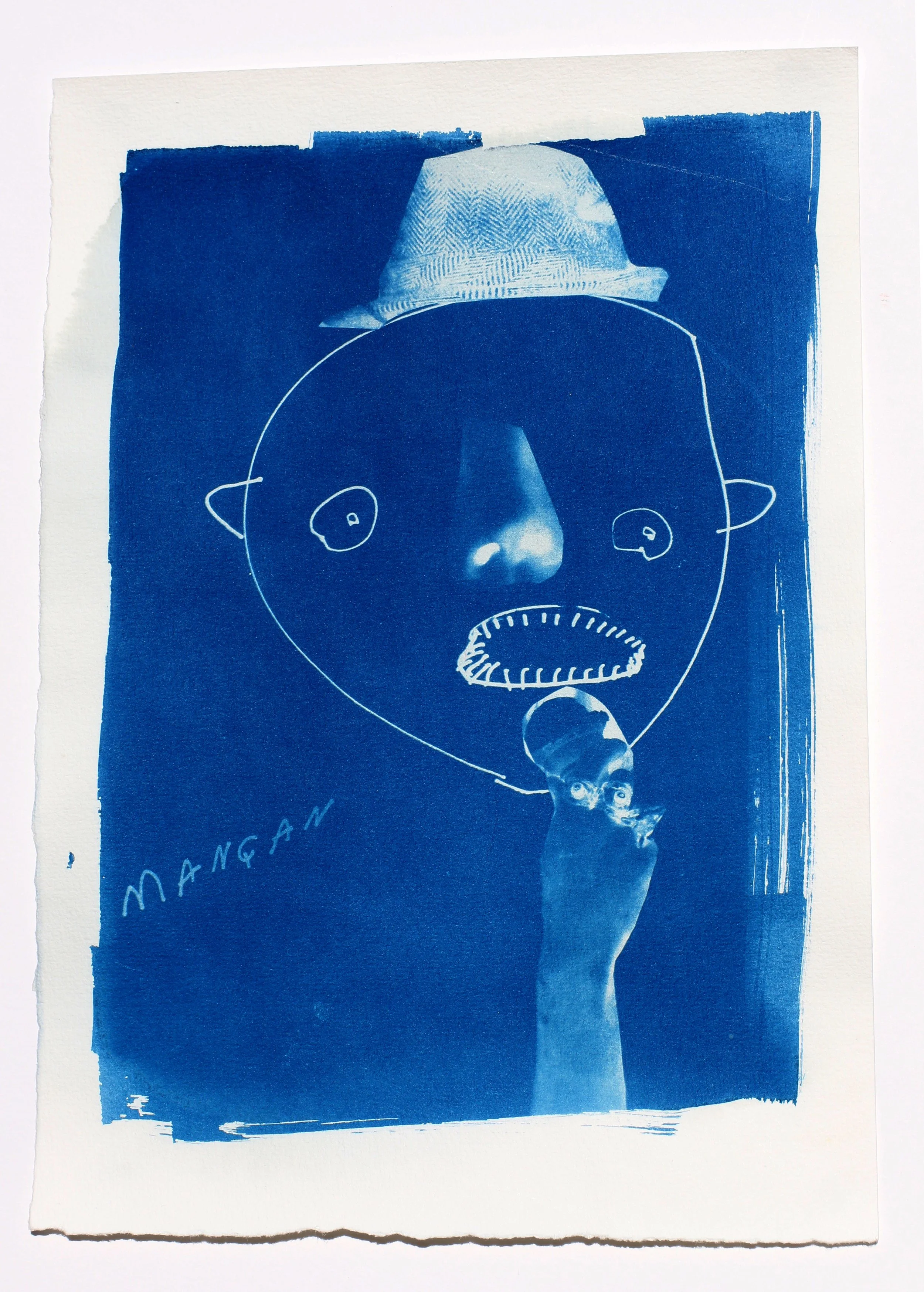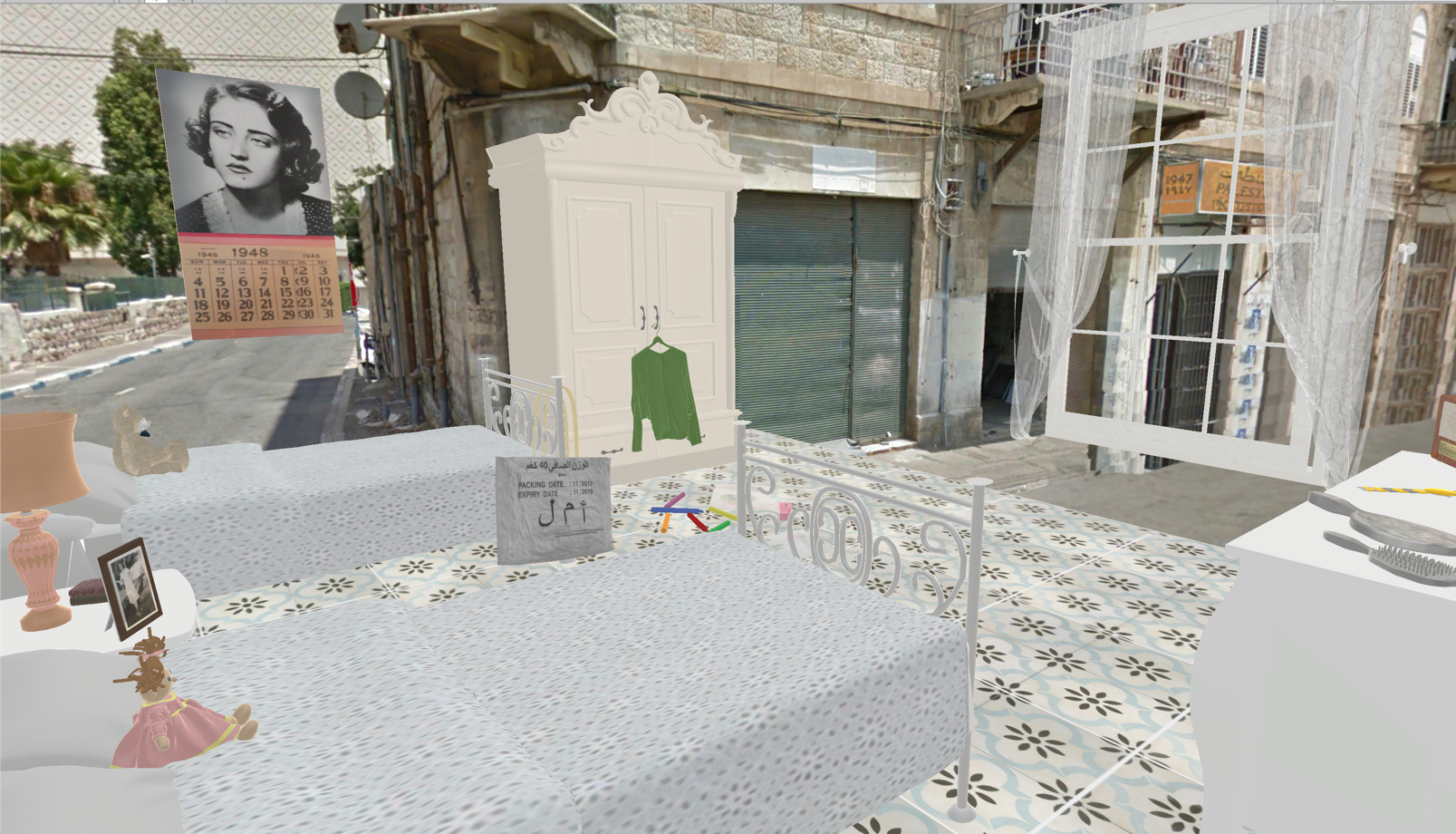
The Plaque and The Square
On a quiet evening in 2017, I snapped a photo of a plaque on Goldsmiths campus: TIANANMEN BUILDING—This building is named in memory of all those Students murdered in Tiananmen Square on 3 - 4 June 1989. I sent it to my mum, imagining she'd be moved. Her response—"Don’t trust everything from Western media"—shook me. It cracked open a long-buried identity crisis and laid bare the complexity of remembering Tiananmen as someone shaped by both Chinese heritage and Western narratives.

Mirna Bamieh: The Survival of Palestinian Food Culture
In the final nights of Ramadhan this year, the world once again witnessed the brutal assault on Palestinian worshippers at Masjid Al-Aqsa. As bombs fell on Gaza and homes were razed in Sheikh Jarrah, Lifta, and Silwan, the global outcry was loud—until it wasn’t. But while the violence is broadcast, another quieter, insidious form of erasure often goes unnoticed: the systematic theft of Palestinian cultural memory. Through the appropriation of Palestinian cuisine, Israel continues to rewrite history, branding hummus and tabbouleh as its own. In response, artist and chef Mirna Bamieh created the Palestine Hosting Society, a living archive that revives vanishing recipes through storytelling and performative dinners. “Sharing the taste is sharing the history,” she says. We speak to Mirna about food as resistance and how the kitchen can become a site of decolonisation.

When am I leaving this place?
Excerpt:
What if memory itself were a form of privilege—hoarded by the wealthy and rationed for the rest? In this imagined world, the poor live in fleeting loops of time, their memories dissolving as quickly as they form, while the rich traverse vast estates of recollection. Survivors of brain injury embody this temporal dislocation most acutely, often forgotten by the very systems meant to care for them. Their lostness is not just clinical—it is historical, cultural, and systemic. A simple neuropsychological test may ask the date or time, but rarely questions the deeper rupture: what histories have been erased, and whose memories have been allowed to remain?

Solenne Tadros: Recollecting Leila’s Palestine
At just 13 years old, Leila Khoury Nimry was forced to flee her home in Haifa, Palestine—leaving behind not just a house, but a world. She remembers the dresses she wore for special occasions, her beloved doll, family photo albums, and the aching thought: “Who is sleeping in my bed?” Decades later, her granddaughter Solenne Tadros turns that memory into a virtual reality experience, reconstructing Leila’s bedroom as it was in 1948. Through the (x)odus project, Solenne shares her grandmother’s story alongside those of other displaced women, reminding us that behind the word refugee are lives once filled with love, ritual, and belonging.

The Power of Sisterhood
As a young girl, Ashrah Suudy would sit on her mother’s bed, full of excitement, as she waited patiently for her mother, who was getting ready for a wedding. With the smell of Uunsi (incense) burning in the background, she watched her mother carefully look through the collections of Diracs and Shalmaads.

What is the story behind fashion?
As the daughter of a fashion journalist, Jeanne de Kroon grew up with memories of her mother bringing home beautiful fabrics with incredible stories woven through them. Hearing all these magical stories instils the love that she has for fashion, which later becomes the foundation of her journey alongside women artisans around the world. A journey she’d later call ZAZI Vintage.

Tarwa N-Tiniri
A group of six young musicians from Ouarzazate, Morocco called Tarwa N-Tiniri is carving out space for their music and culture on the global stage. Through their music, they represent and educate people on their Amazigh culture and tradition. In the process, they have reclaimed their identity by rejecting the use of the discriminatory term ‘Berber’ which has been widely used to refer to the indigenous people of North Africa. They have reclaimed the indigenous word ‘Amazigh’, meaning ‘free human’ by introducing themselves only as that.

MATKA / POLKA by Joanna Suchomska
When faced with a further tightening to already restrictive access to abortion, Polish women share intimate stories to reclaim control of their identity.

These Cassette Tapes Reveal the Realities Behind the Lives of British Pakistani Migrants
Before WhatsApp voice notes, there were cassette tapes. > The Tape Letters Project uncovers intimate audio messages sent between British Pakistani families and their loved ones in Pakistan from the 1960s–80s—stories of love, longing, and life across borders.

Thinking of Climate Change Through the Identity of Tharu Indigenous People
Nepal Picture Library (NPL) began as a digital archive to challenge narrow representations of Nepal’s history. By collecting personal photos and stories, NPL uncovered overlooked narratives, especially from marginalised communities. Over time, their work evolved to spotlight social movements, like in The Skin of Chitwan, which reimagines climate, indigeneity, and futures through the lens of the Tharu people.
